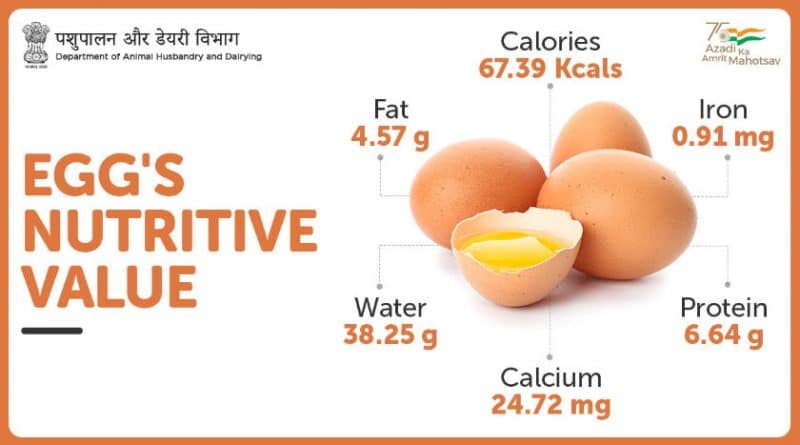Additional Protein is Required Following Extreme Weight Loss Surgery
These days, it is becoming more and more common to see extremely overweight people having gastric bypass surgery to help them to lose weight and become healthy. But just like with any other type of surgery, there are many risks involved. There are probably more risks involved with gastric bypass surgery than with many other types of surgery.
Sometimes, patients are considered to be too overweight to have surgery. In these cases, the patients are required to lose a specific amount of weight before the surgery to ensure that everything is as safe as possible. This weight loss is usually strictly regimented by a physician, dietitian, or nutritionist, and must be followed to the absolute letter to ensure a successful gastric bypass surgery. Some patients are so overweight that they need to be hospitalized before the surgery so that their diet, exercise, and weight loss can be strictly monitored.
One of the most commonly performed types of gastric bypass surgery is the Roux-en-Y gastric bypass. This operation requires that patients have a BMI (Body Mass Index) of 40. Another popular form of gastric bypass surgery is the Lap Band System, which requires patients to have a BMI of 35 if they patient has an underlying medical condition. Each case is different, and it will be up to the physician to decide how high a patient’s BMI can be to safely have gastric bypass surgery.
Patients who have a BMI that is higher than 40 may still be able to have gastric bypass surgery. But the process may require two operations. The first procedure is a sleeve gastrectomy, followed by a second surgery that will convert that into a gastric bypass. This is also referred to as “banana surgery” because it causes the stomach to take on the shape of a banana. This is one of the safest procedures for those who are too overweight for traditional gastric bypass surgery.
Eating Healthy is Key to a Good Diet
Just because you see a diet in a magazine that is supposed to be the latest and greatest thing in weight loss, the only truly healthy way to lose weight is by eating sensibly. Everyone needs to maintain a healthy, well-balanced diet that is rich in protein. Diet pills and supplements are not a good idea either, and many pills are not only unhealthy but they can also become addictive as well.
Some fad diets can even be dangerous to your health, such as an all-liquid protein diet that was popular in the 1980s. Of course, we all need protein, and supplements are a great way to get the protein that we need in our diets, but just like anything else, you can get too much of a good thing, which can end up causing adverse effects on your health.
There are some terrific protein supplements on the market, but if you are going to use a liquid protein diet, remember that these should only be used for the short term as a way to kick-start your new diet because they will keep you from being hungry between meals. Long-term use can cause gallstones in as many as 25 percent of all patients using it.
Using Protein Supplements to Aid in Weight Loss
Many people who are planning on undergoing gastric bypass surgery of any kind will need to make sure that they have enough protein in their diets. Most adults require about 60 grams of protein daily, but gastric bypass surgery patients may require as much as 100 grams of protein in their daily diets. Protein is essential for muscle and tissue recovery following surgery and is a natural source of energy.
One great way to get the protein that you need following gastric bypass surgery is to use protein supplements. These come in several forms and are made from a variety of ingredients, so there is something for everyone, including vegetarians and people with allergies and intolerances. Some of the more popular protein supplements include protein powders, liquid proteins, and protein shots.
Protein Powders – These are the most versatile forms of protein supplements. Protein powders can be used to make many delicious shakes and smoothies, which can be used as meal replacements (they make delicious breakfast shakes).
You can mix the chocolate or vanilla-flavored protein powders with non-fat milk and ice for a great-tasting, protein-packed shake, or add the berry or fruit punch-flavored powders with juice and ice for awesome smoothies and slushies. Unflavored protein powders can be added to your favorite recipes to give them an extra shot of protein.
Liquid Proteins – These are popular because they can be found in many ready-to-drink shakes and smoothies and are delicious. Liquid proteins can also be used to make delicious drinks and make wonderful meal replacements. Because many liquid protein supplements are made from such milk derivatives as whey and casein, it is advisable that those who are lactose intolerant or who have allergies to milk and milk products carefully read the ingredients first and use a supplement that is made with rice, soy, or egg.
Protein Shots – These are great little protein supplements that are small and portable. They are low in calories, fat, and carbohydrates and offer 25 to 35 grams of protein per serving. Protein shots are available in many delicious flavors, including sour apple, grape, cherry, raspberry, and lime.
Remember, before beginning any type of diet, you should consult with your physician first. There may be conditions that you have that require certain nutrients, and if you are preparing for gastric bypass surgery, you will need to have plenty of protein in your diet, both before and after the surgery.

